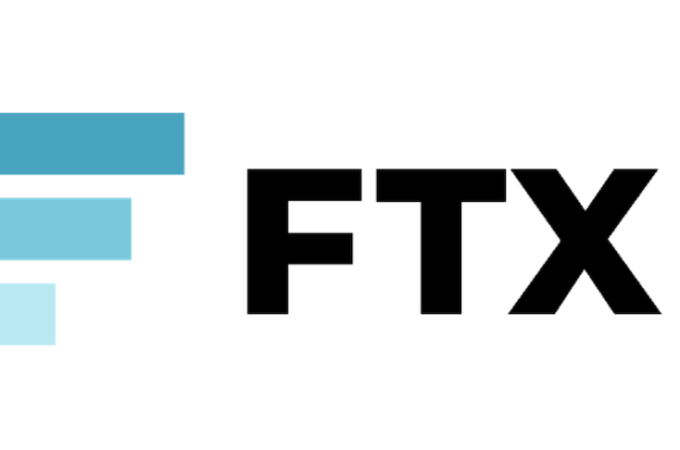
From Traditional Banking to DeFi: Navigating Staking Opportunities for Modern Businesses
In the sweeping tides of financial evolution, an unstoppable wave is taking shape – Decentralized Finance, popularly known as DeFi. As traditional banking systems grapple with legacy systems and regulatory bottlenecks, DeFi emerges as a siren call, promising empowerment, enhanced control, and novel revenue-generating streams, most notably through staking. The shift from brick-and-mortar banking to borderless finance brings forth both challenges and unprecedented opportunities. This article delves deep into understanding how modern businesses can adeptly navigate the realm of DeFi, particularly focusing on the lucrative world of staking rewards.
The Evolution from Banks to Blockchain
Gone are the days when banking was exclusively synonymous with vast marble-floored halls and serpentine queues. As we progressed into the digital age, Internet banking became the norm. But today, a more profound, radical shift is underway. Blockchain, the underlying technology behind cryptocurrencies, presents a decentralized ledger system, ensuring transparency, security, and near-instantaneous transactions. Traditional banks are centralized, often sluggish, and plagued by myriad intermediaries, whereas blockchain eliminates the middlemen, democratizes finance, and offers a level of security that’s virtually tamper-proof. For a comprehensive look into blockchain, refer to this detailed guide by Investopedia.
Staking: The Modern Gold Rush
Central to the DeFi ecosystem is the concept of ‘staking’. Much like earning interest in a conventional savings account, staking in the DeFi world allows users to earn passive income by holding and validating transactions for specific cryptocurrencies. The earning potential, however, can far surpass that of traditional interest-bearing accounts. Businesses, irrespective of their size, can benefit from these staking opportunities, leveraging them for consistent revenue streams.
Harnessing Staking Rewards in DeFi
Navigating the DeFi space can be akin to traversing a maze for the uninitiated. While the prospects are enticing, it’s crucial to approach staking with a blend of caution and informed decision-making. With staking rewards, businesses can witness exponential growth in their holdings, but like all financial endeavors, it’s essential to have a strategy. For businesses keen on exploring tried and tested staking strategies, this detailed guide offers valuable insights.
Understanding DeFi’s Value Proposition for Businesses
Decentralized Finance (DeFi) offers a unique value proposition, especially for modern businesses accustomed to the confines of traditional banking. With the promise of open access, permissionless financial operations, and reduced costs, DeFi makes global operations smoother. For instance, transferring funds in the traditional banking system can sometimes incur significant fees and take several days, especially for international transfers. DeFi solutions can execute these same transactions in minutes, if not seconds, and often at a fraction of the cost. More importantly, the decentralized nature means that businesses aren’t at the mercy of centralized financial institutions.
Risk Management in Staking and DeFi
While the DeFi realm is rife with opportunities, it’s equally laden with risks. Smart contract vulnerabilities, platform impermanence, and regulatory uncertainties are some challenges businesses must navigate. Staking, although lucrative, isn’t without its risks. Market volatility can affect the staking rewards, and there’s always a chance of impermanent loss. Having a robust risk management strategy ensures that businesses don’t just jump onto the DeFi bandwagon, but they harness its power responsibly.
Emergence of Governance in DeFi
The concept of governance in DeFi is crucial. Token holders often have a say in how a particular protocol develops. For businesses, this means a more significant role in shaping the financial tools they use daily. Unlike traditional banking, where decisions are made behind closed doors, DeFi offers a more democratic approach, letting businesses influence and direct the trajectory of their financial engagements.
Interoperability: The Key to DeFi’s Future
The DeFi space is growing exponentially, with various blockchains and platforms entering the fray. The future will belong to systems that can seamlessly communicate with each other, ensuring a cohesive financial ecosystem. Businesses need to be aware of the platforms that are pushing for greater interoperability to future-proof their DeFi engagements.
The Regulatory Landscape and DeFi
A significant aspect that businesses must keep abreast of is the regulatory landscape surrounding DeFi. Regulations can profoundly influence staking rewards and the broader DeFi environment. By staying informed, businesses can make strategic decisions, ensuring compliance while maximizing opportunities.
Building a DeFi Team for Your Business
Embracing DeFi is not just about financial strategies but also about human capital. As businesses venture deeper into this space, they’ll need a team knowledgeable in blockchain technology, staking protocols, and DeFi trends. Investing in talent will position businesses to harness the full potential of DeFi.
Conclusion: Navigating the Future of Finance
In an era defined by digital transformation, the move from traditional banking to DeFi represents more than just a financial shift; it signifies a paradigm change in how businesses perceive and interact with money. From understanding the nuances of staking rewards to building adept DeFi teams, businesses have the chance to be at the forefront of this financial revolution. As with all revolutions, there are risks, but with careful navigation, the rewards can be profound. The future of finance beckons, and it’s decentralized.





